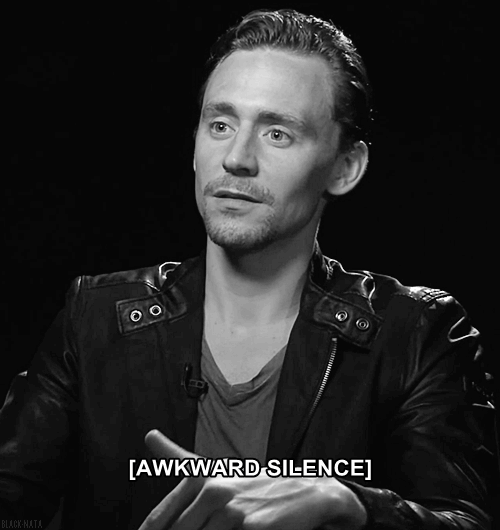...
... ... ...
... ... ... ... ...


No, I'm joking; I am legitimately quite excited. I even have ideas. See? I'm thinking Lysistrata, which is a fantastic Greek comedy, if anyone's wondering. Saw it in Year 8 and thought it was brilliant. I may or may not occasionally still quote it...

Anyway, I'm considering having a look at the premise of the story as it relates to the social and historical context of the play. Basically the idea is that the women get fed up (and rightly so) with the fact that the Peloponnesian War has been going on for twenty-six years and is showing no signs of stopping, and go on a nation-wide sex strike. They pretty much just barricade themselves in the Acropolis until the men all decide that sex is more important than killing each other (incredible revelation, I know, really groundbreaking stuff) and ta da! World peace. Amazing, isn't it? We should definitely give that one a shot.
...Yeah, nope. Simple fact is, it would never work. I'm thinking of having a look at why that is. Prostitution seems like an obvious flaw in that master plan, but it's not the only one. So yeah, that's what I have so far. I'll post again when I've done some more background reading; not sure just yet if its a feasible topic to devote an entire study to...
Ciao!
This would be a VERY interesting topic. A way to look at it is to explore the question how it would have been received when it was presented at the festival. Given that the audience was mainly male, how would it have been received? How could the play have got to that stage of production? It will open uop the use of primary sources.
ReplyDelete